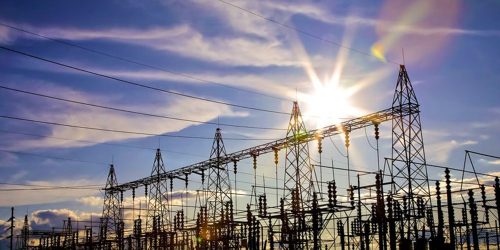Institute for Energy Economics and Financial Analysis (IEEFA) has raised objections over the 27-year Indicative Generation Capacity Expansion Plan (IGCEP 2020-2047) prepared by the National Transmission and Despatch Company (NTDC).
IEEFA has declared the IGCEP 2020-2047 as contradictory to the government’s principles of affordability and sustainability.
According to the IEEFA report, Pakistan would end up building more power capacity than its requirement due to over-optimistic energy demand growth forecasts made without taking into account the impact of the Coronavirus pandemic.
Overbuilding of power generation capacity would result in the underutilization of the imported LNG-based and coal-fired power plants which would turn them into stranded national assets.
Pakistan has already been grappling with the capacity payment crisis and underutilization of the power plants due to long term overcapacity will only exacerbate the issue in the years to come.
Furthermore, IEEFA has highlighted that IGCEP 2020-2047 has neglected modern clean and affordable energy sources such as wind and solar power after 2030.
IGCEP 2020-2047 has modeled a reduction of renewable sources of energy after 2030 which makes the plan contradictory to current power trends.
IEEFA stated that wind and solar power are currently the most affordable sources of power generation in Pakistan and will be even more affordable after 2030.
The report concludes by stating that neglecting cheap renewables and increasing dependence on expensive coal-fired power plants in the IGCEP 2020-2047 is against the government’s principles of sustainability and affordability.
Last week, the National Electric Power Regulatory Authority (NEPRA) had returned IGCEP 2020-2047 to the NTDC after raising similar objections and called for several changes to the 27-year plan.








